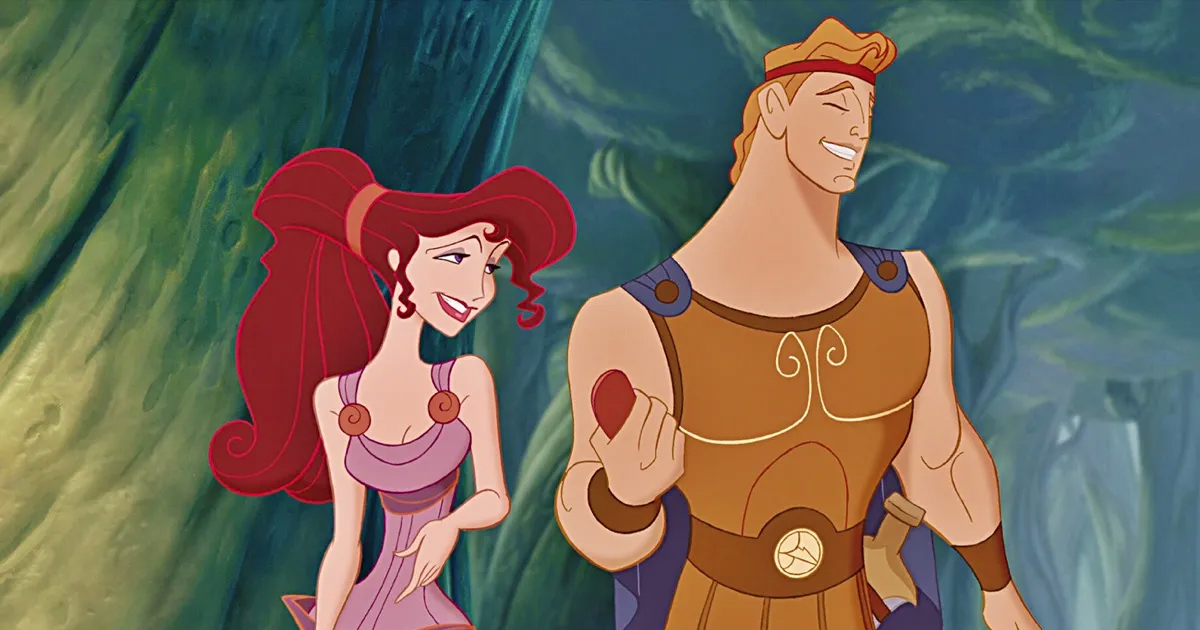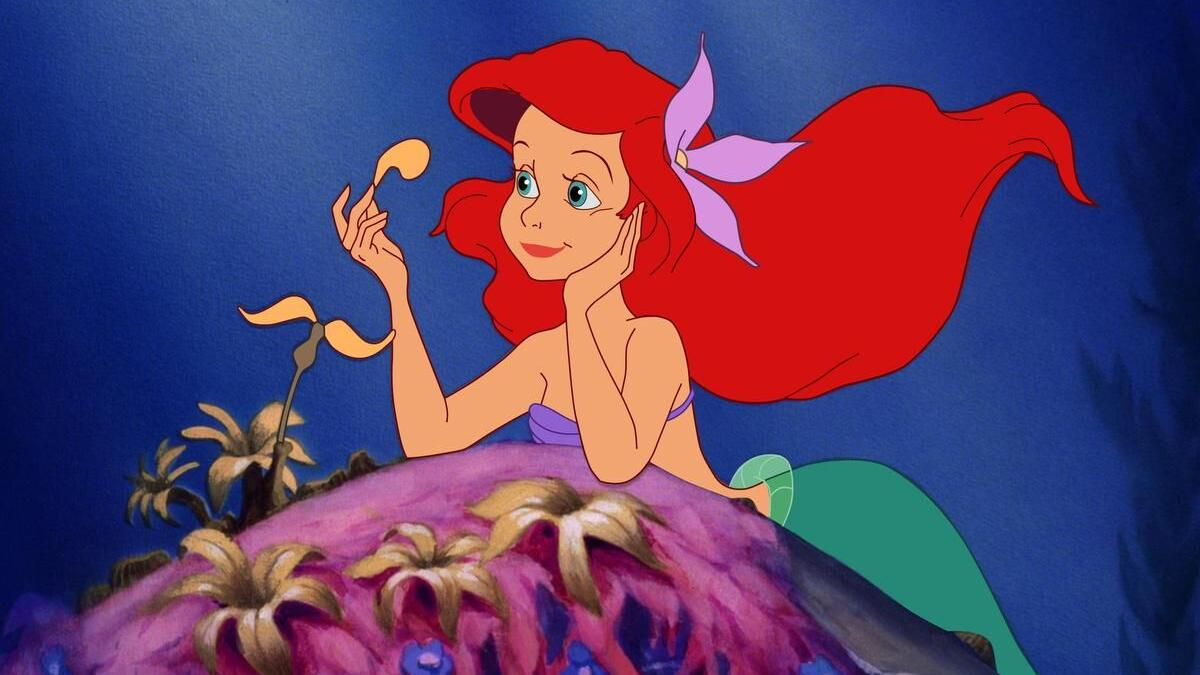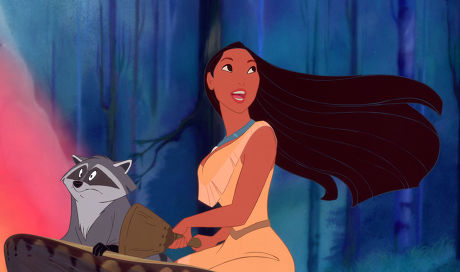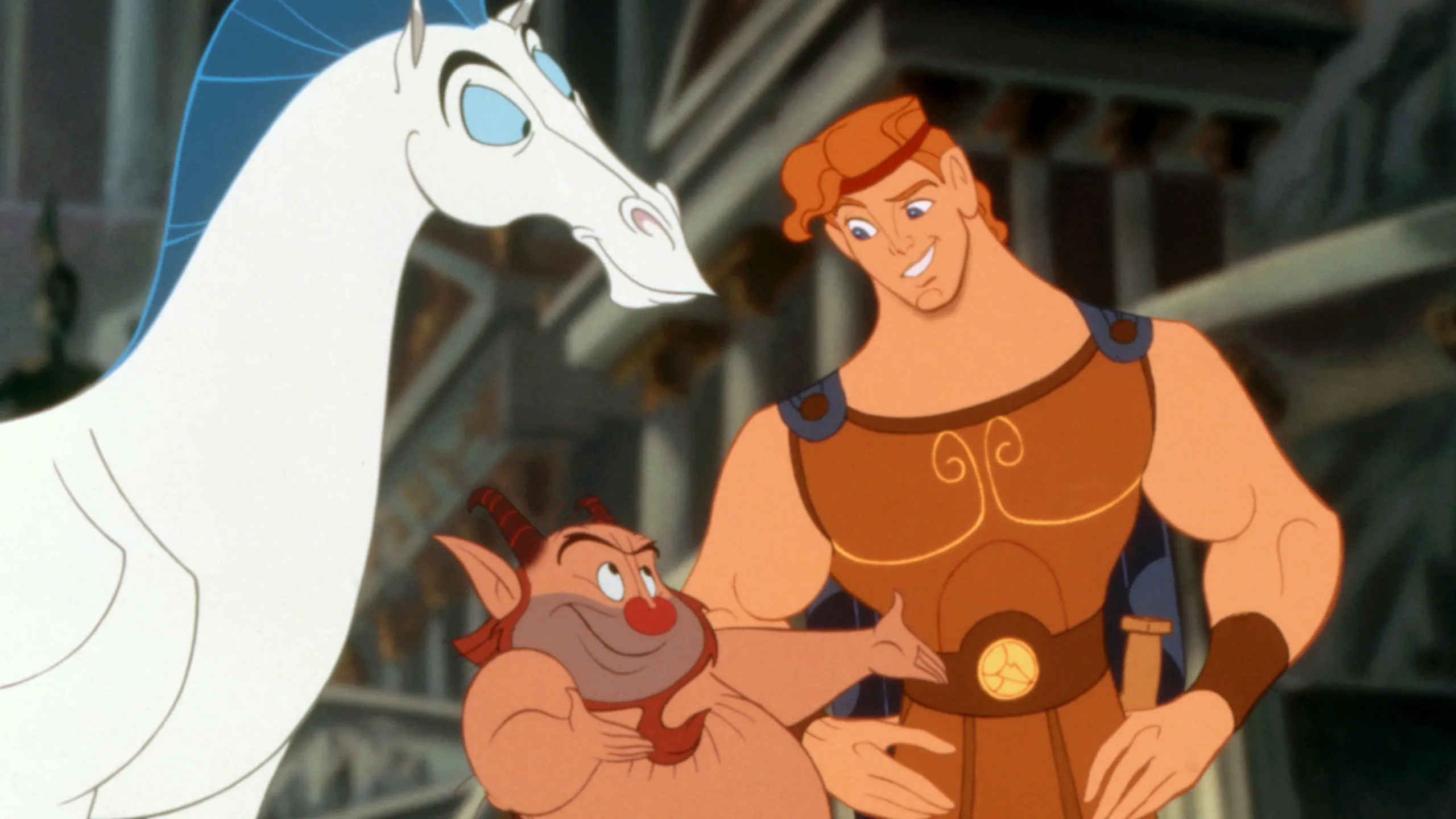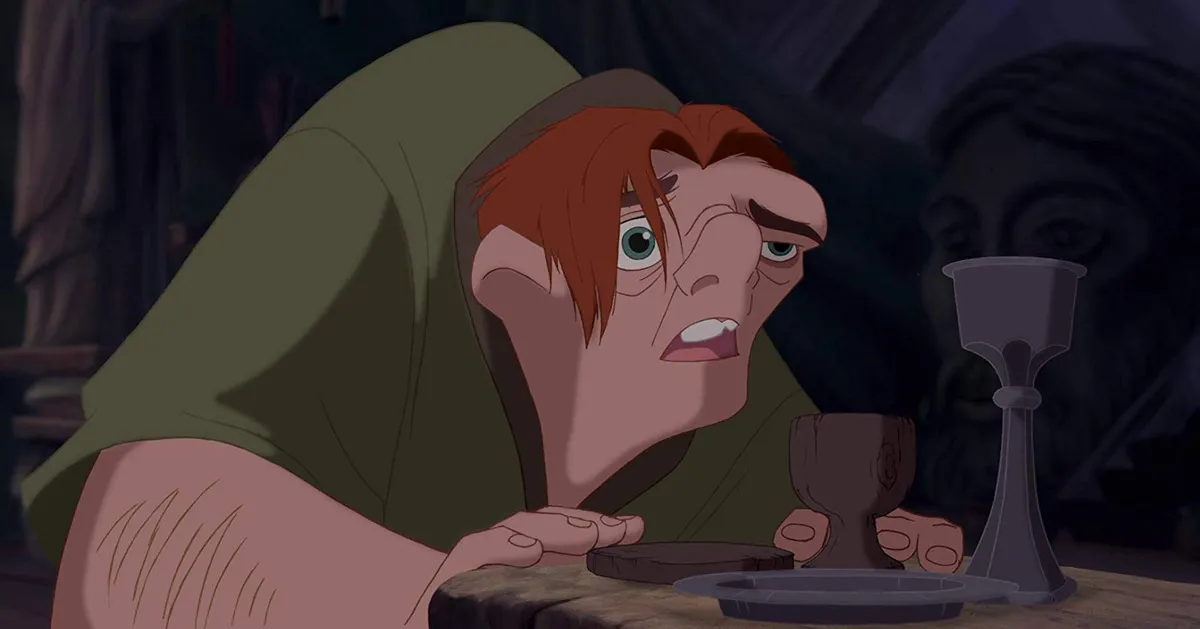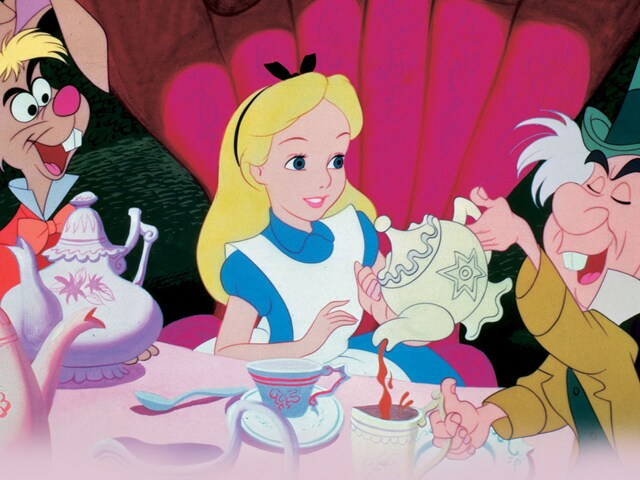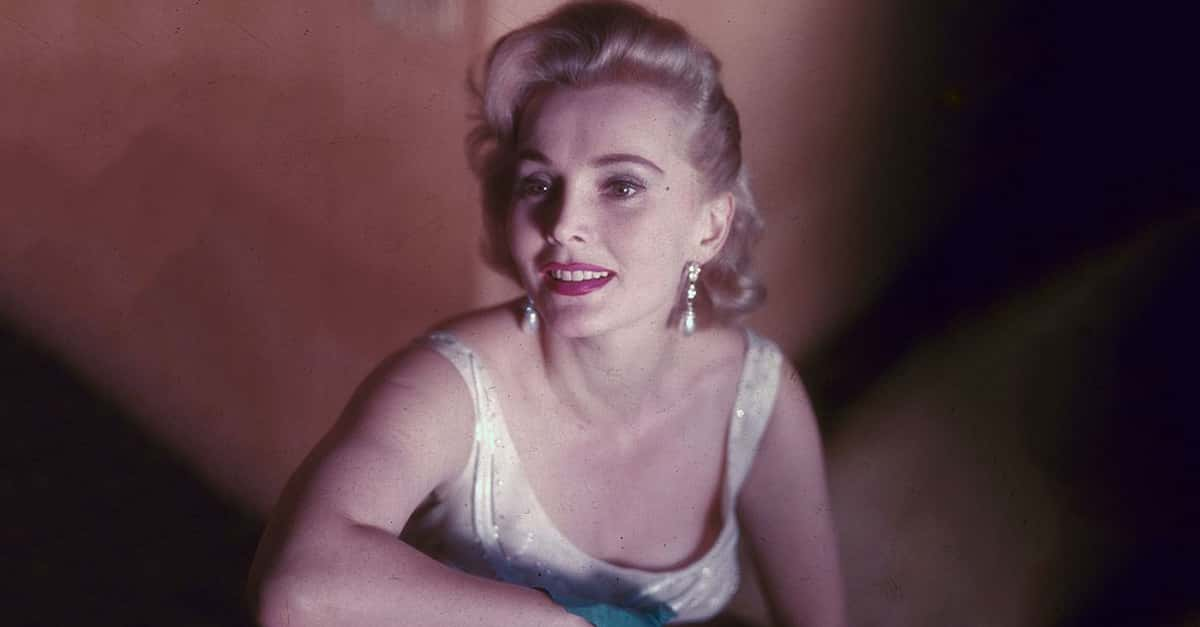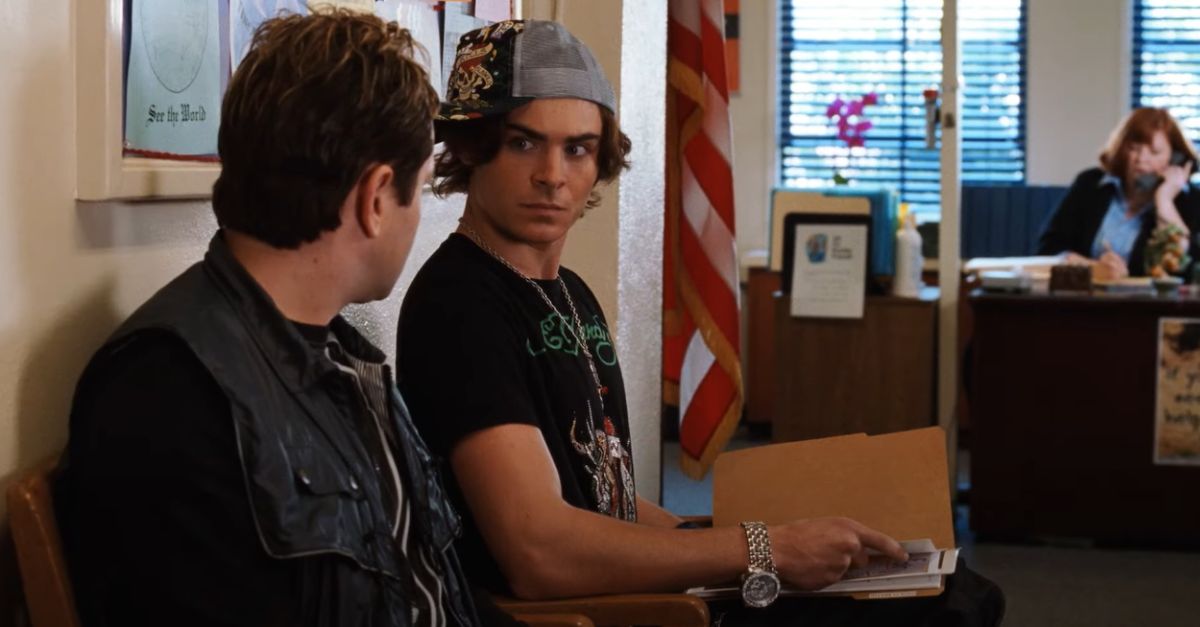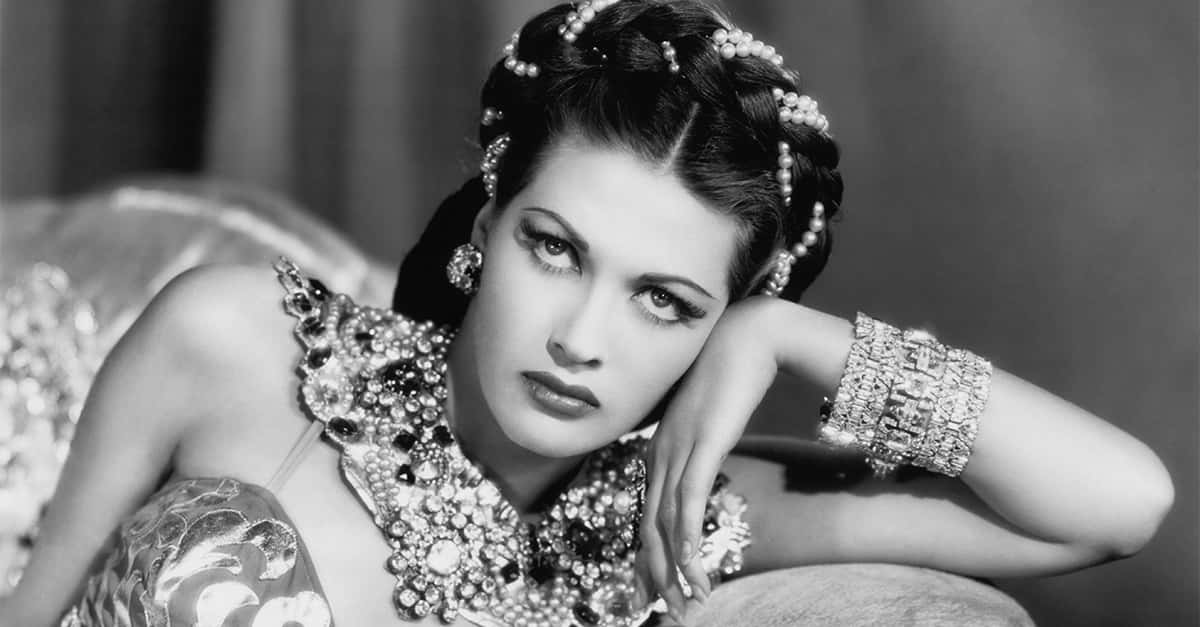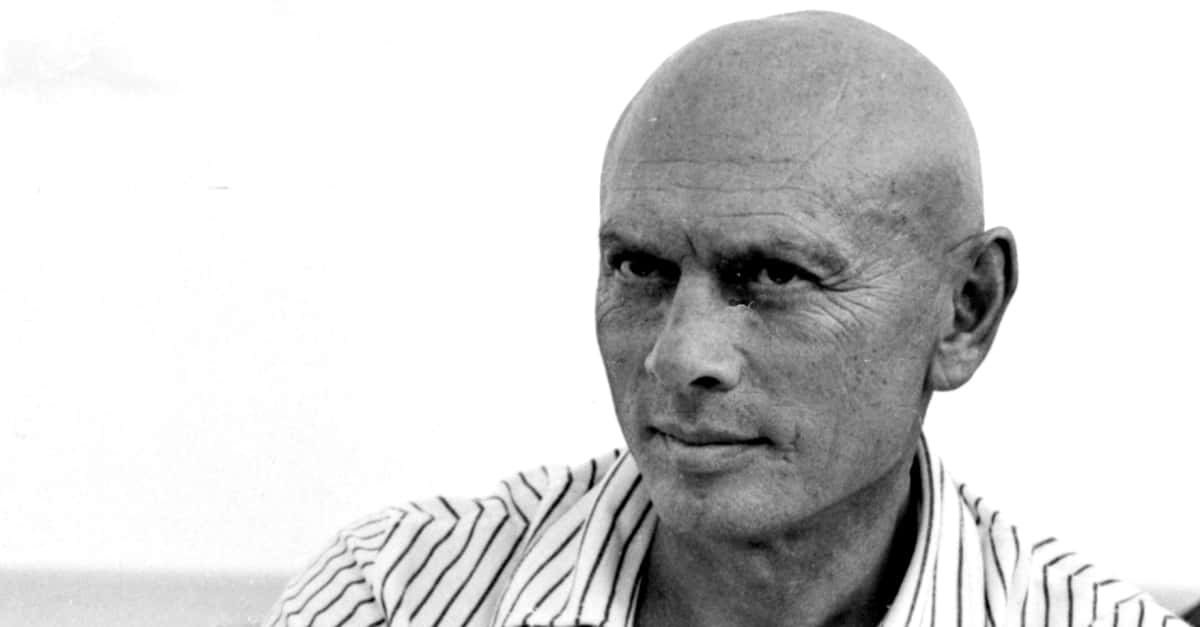If there's one thing Disney is good at, it's transforming old stories and fairytales into magical movies that motivate kids to dream big. However, sometimes Disney takes the scripts a little too far from its original storyline. There have been many occasions when Disney's changes led to major historical inaccuracies, sparking debates among movie lovers. Here are five examples of Disney distorting the original narrative:
The Little Mermaid
Disney's "The Little Mermaid" was inspired by the classic fairytale of the same name, written by Danish author Hans Christian Andersen. When comparing Andersen's version to Disney's, it's clear that Disney made major plot changes to make the story more lighthearted and kid-friendly. In the original, the mermaid sacrifices herself for love, ultimately disintegrating into bubbles upon finding out that the prince picked another bride. In the Disney adaptation, Ariel ends up marrying the prince and she gets her happily ever after, which completely overshadows Andersen's original themes of sacrifice and sadness.
Pocahontas
Disney's "Pocahontas" sparked a huge controversy when it was first released due to its stark deviation from the true story of the Native American woman it depicts. The main change that Disney made was establishing a romantic relationship between Pocahontas and John Smith, despite historians claiming their bond was probably platonic. The movie also diminished the dark truths of colonization and the sheer injustice the Indigenous peoples faced, favoring to a more idealized view of the past instead. Disney's oversimplification of Pocahontas' struggles led to mixed reviews by both film critics and movie-goers alike.
Hercules
Disney's "Hercules" takes a more comedic angle on the ancient Greek mythological hero, contrasting significantly with the darker essences of the original myths. In Greek mythology, Hercules is famous for his superhuman strength and heroic acts, which Disney incorporated into its animated character. However, Disney's version completely ignored the darker aspects of Hercules' story, particularly his descent into madness and the major family tragedy he experienced. Through its emphasis on humor and excitement, Disney's "Hercules" offers a toned-down portrayal of the myth, removing much of the original tale's depth and complexity.
The Hunchback of Notre Dame
Disney's "The Hunchback of Notre Dame" may be one of its darkest animated adaptations, giving it the same vibe as its source material—but it still deviates greatly from Victor Hugo's original classic. The latter is a somber story that dives into themes of solitude, unfairness, and salvation, whereas the former is a diluted, more kid-friendly account of the Hunchback's story. Not only did Disney simplify the plot, but it also omitted key complex characters and subplots from the original story to reach a happier conclusion. Though Disney's rendition does touch on some of the original themes, it still lacks the profound emotional impact of Hugo's work.
Alice In Wonderland
Disney's animated version of Lewis Carroll's "Alice's Adventures in Wonderland" tones down the whimsical and nonsensical story, focusing more on colorful characters and fantastical elements. It removed the surrealism and layered creativity that define Carroll's work in favor of a more straightforward narrative; one that is easier for younger audiences to digest.

